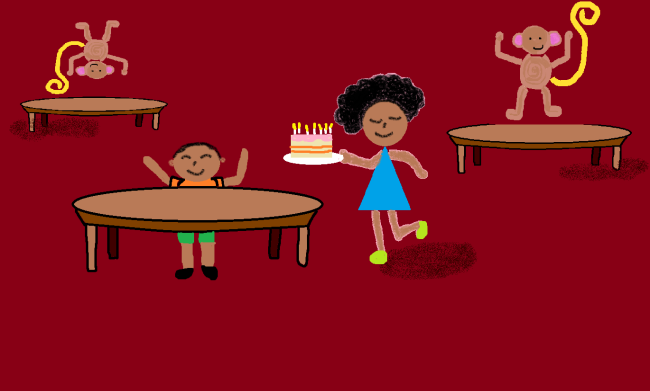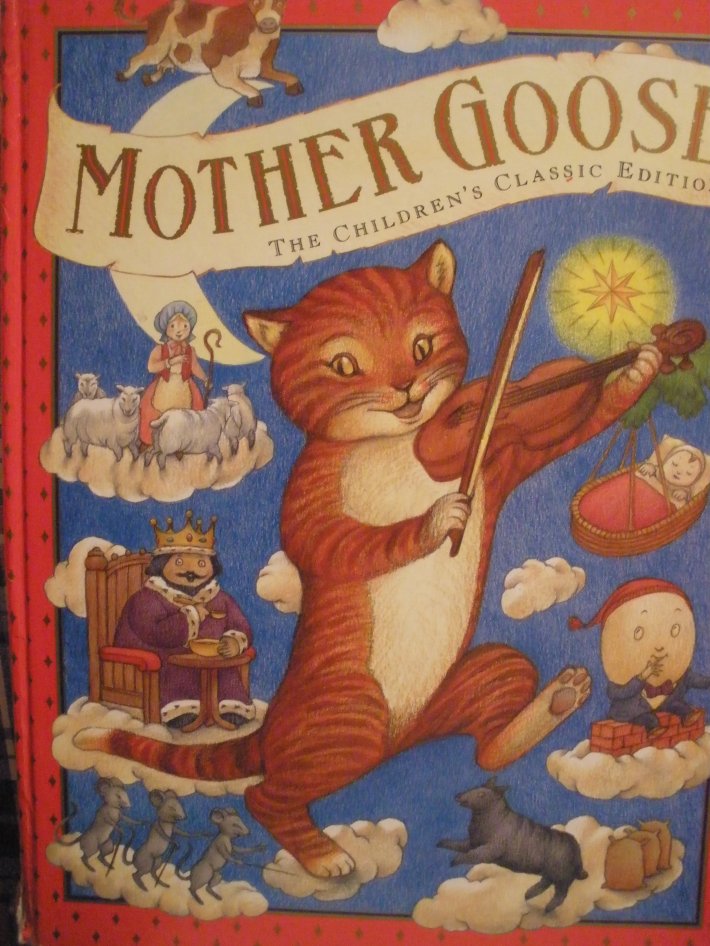The 4 levels of crying
- The Crocodile Tears
- The Action-Potential
- The Divider
- The Point of No Return (BOSS STAGE)
Mark has very distinguishable cries. And depending how me, myself, and my parents respond to these cries means the difference between a level 2 cry, and a level 4 cry.
Level 1: The Crocodile Tears
When Mark is being petty and doesn’t get his way, he’ll cry crocodile tears. This cry is identifiable by the lack of tears coming from his eyes. It’s a pretty self-explanatory level, and pretty funny to watch actually. It’s nice to know that at 7 years of age, he’s already showing his acting capabilities.
Level 2: The Action Potential

**ship=tantrum
Quick Biology Lesson: Action Potentials are “all-or nothing” signals. Once the stimulus reaches a certain threshold, the action potential fires, and cannot be undone. Main point: once the ship sets sail, it’s gone . This level is tricky and hard to amend depending on the situation. Let’s say Mark was running, and then he fell and hurt his knee. I have less than 4 seconds to “make it all better” or else he’ll full out bawl. If any cause of his discomfort/annoyance is irritating enough and he starts to get upset, I usually have about 4 seconds to ‘sing every song he likes and dance like a monkey’ or else the ship sets sail i.e. he cries. People, let’s keep these ships docked; dance your heart out.
Level 3: The Divider
If Mark gets to this stage, it’s pretty bad, but still amendable. Here we have the typical, all too real “cry”, accompanied with your usual jumping and uncontrollable tears. Consoling still works at this stage, but most of the time you just have to wait it out, and he/she’ll come around after a few minutes. The is the stage where ‘time-outs’ are issued, or maybe a few light ‘spanks’ are given here or there depending on the reason for tears, but either way this stage is called ‘The Divider’ for a reason. This is the final level for Neurotypical (NT)/Non-autistic children; however, the final level of crying is reserved for children on the autism spectrum.
Level 4: The Point of No Return (aka. BOSS STAGE)
For those of you not familiar with video games, at the end of off all of the levels, one reaches the final level where he or she must fight the boss of the game to win. This, my friends, is the final level of cries. Only the most powerful are equipped with the strength and skills needed to handle such a level. Parents and siblings of children on the autism spectrum experience level 4 cries on a regular basis (or irregular basis depending on how ‘high/low-functioning’ their child is). All I know is that when Mark was 2, I felt as though he set up camp in level 4, and never cried on any other level. In public it would be ESPECIALLY awkward because many people don’t experience Level 4 cries often—and are often times bewildered. At age 7 Mark has matured. He still has his meltdowns but they are way more manageable. My solution for level 4 cries is to: have patience, take deep breaths, and find your happy place!
-Written by Ijeoma




